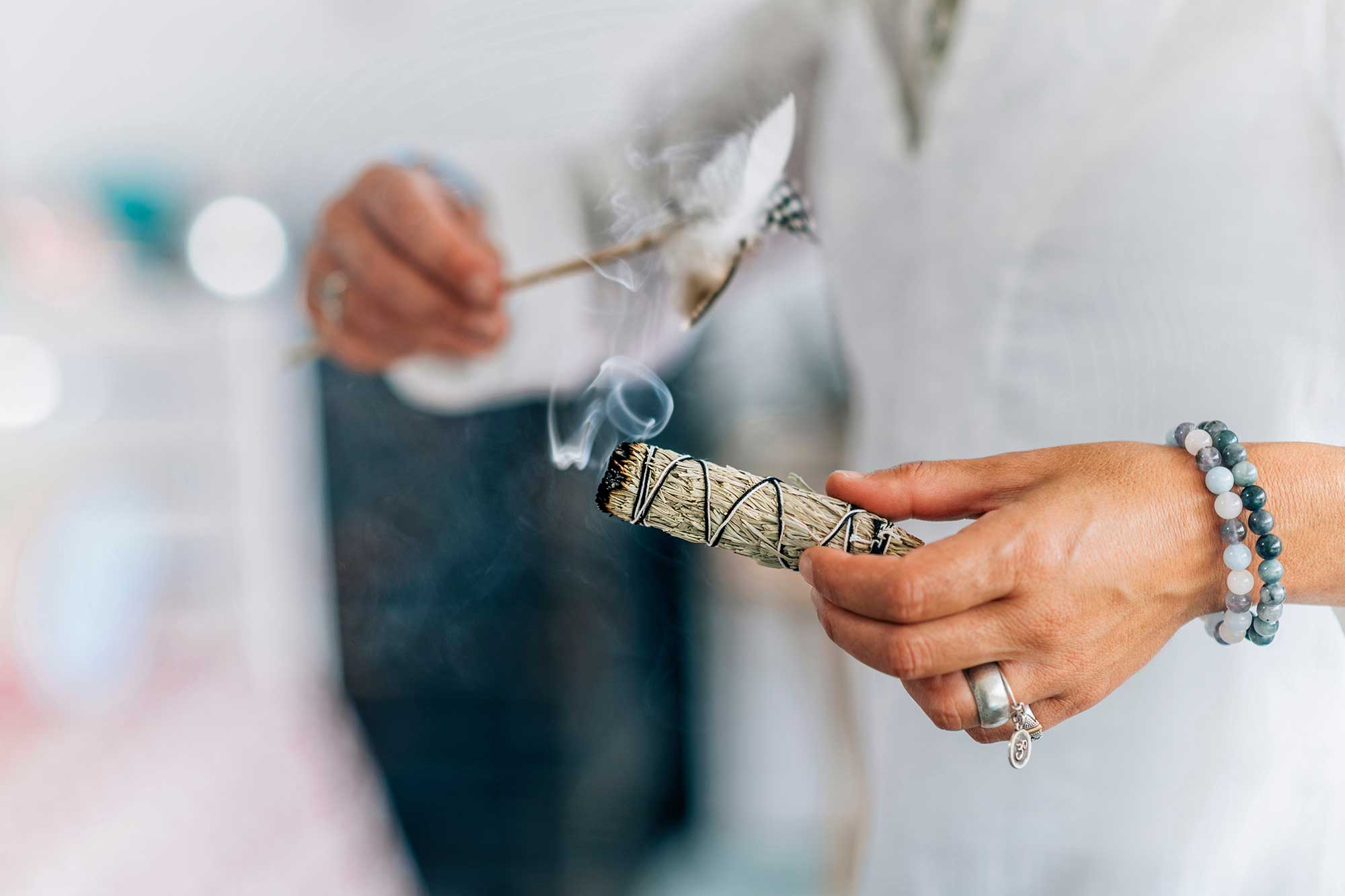Our Commitment to Truth & Reconciliation
Land Acknowledgement
We acknowledge that the London InterCommunity Health Centre is located on the traditional lands of the Anishinaabek (Ah-nish-in-a-bek), Haudenosaunee (Ho-den-no-show-nee), Lūnaapéewak (Len-ah-pay-wuk) and Attawandaron (Add-a-won-da-run), on lands connected with the London Township and Sombra Treaties of 1796 and the Dish with One Spoon Covenant Wampum. We would also like to recognize the three First Nations communities neighbouring the City of London: Chippewas of the Thames First Nation, Oneida Nation of the Thames, and Munsee-Delaware Nation. With this, we respect the longstanding relationships that Indigenous Peoples have with this land, as they are the original caretakers.
Only once true sovereignty for Indigenous people and adequate resource allocation exists can we begin to work cooperatively to establish and maintain a mutually respectful framework for living together, with a view to fostering strong, healthy, and sustainable Indigenous nations within Turtle Island (North America).
We invite those who read this statement to reflect upon this Land Acknowledgment and what the Truth and Reconciliation Commission’s Calls to Action mean to you, your workplace, and your community.

Comitment To Truth & Reconciliation
The Land Acknowledgment pays respect to the Original Peoples of the territory upon which the Health Centre is located. Inspired by the 94 recommended calls to action contained in the Truth and Reconciliation Commission of Canada, Land Acknowledgements are a necessary first step toward honouring the original occupants of a place. They also help Canadians recognize and respect Indigenous Peoples’ inherent kinship beliefs when it comes to the land, especially since those beliefs were restricted for so long.
The London InterCommunity Health Centre is committed to reconciliation with Indigenous peoples and communities. As a healthcare organization, we have a responsibility to reflect on our past and what this means for our present realities. Indian hospitals were developed in the early 1900s and many still existed into the 70s and 80s. These hospitals were a method of segregation and restriction, and operated the same as residential schools, as part of the colonial system.
“We acknowledge historical and current systems of power, rooted in white supremacy, colonialism, patriarchy and capitalism, have created conditions where certain populations have been treated as expendable, are marginalized and excluded from decision-making, and have inadequate access to resources in society. We recognize that the effects of more than five centuries of colonization – including genocide,
dispossession and displacement from traditional lands, forced assimilation and disengagement from ancestry, culture and language, residential schools and the Sixties scoop the Indian Act, among many other oppressive colonial policies, practices and legislation – have resulted in disproportionately poor health outcomes for Indigenous people across Canada.” – AHC Healthy Equity Charter
Discrimination and mistreatment of Indigenous peoples are still prevalent in our healthcare system today resulting in low levels of engagement and poor health outcomes. We see the effects of past and current traumas in the high levels of poverty and homelessness experienced among Indigenous peoples. The Health Centre recognizes our role in improving health outcomes of the Indigenous people we serve. We work in close partnership with Indigenous organizations and Aboriginal Community Health Access Centres to serve Indigenous clients. The Commitment to Reconciliation is a public statement to Indigenous communities the actions we are taking as an organization to better serve them.
Traditional Laws
In Indigenous communities, the process of ethical thinking begins at birth with storytelling as the primary learning process. Storytelling is used to guide behaviour and solidify belonging and responsibility to the family, community, and larger world. Through stories, a child develops identity and learns about moral responsibility.
In Indigenous communities, the process of ethical thinking begins at birth with storytelling as the primary learning process. Storytelling is used to guide behaviour and solidify belonging and responsibility to the family, community, and larger world. Through stories, a child develops identity and learns about moral responsibility. Through stories, the community articulates and embraces its shared valued system or mindset.
Health Centre Actions
The Health Centre recognizes the importance of raising awareness about Indigenous cultures, the impact of trauma and violence, traditional healing practices, and the ongoing stigmatization many people from this community face. Through our work, we are committee to:
- Supporting Indigenous-led organizations and health partners to promote client-led Indigenous health. This includes ensuring funding and resource allocation is invested in Indigenous-led programs, services, and initiatives.
- Providing opportunities for Indigenous representation on our Board of Directors.
- Incorporating the San’yas Indigenous Cultural Safety Training through our new staff onboarding training.
- Developing initiatives through our Inclusion and Anti-Oppression staff committee to examine our policies, procedures, resource allocation, and staff training meet the linguistic, cultural, and other needs of the diverse communities we serve and to develop our capacity to deliver equitable, trauma-informed, people-centred, and culturally safer care.
- Recognizing Every Child Matters/National Day of Truth and Reconciliation and Indigenous Peoples Day with educational activities and opportunities for dialogue.
- Strengthening partnerships with Indigenous organizations to develop collaborative programing.
- Distributing traditional medicines to our clients as part of their healing journey.
- Supporting Indigenous clients who are applying for compensation through the class action lawsuits and national settlement programs.
Smudging & Ribbon Skirt Library
Our Indigenous Informed Practices create space for ceremony, cultural supports, and learning grounded in respect and relationship.